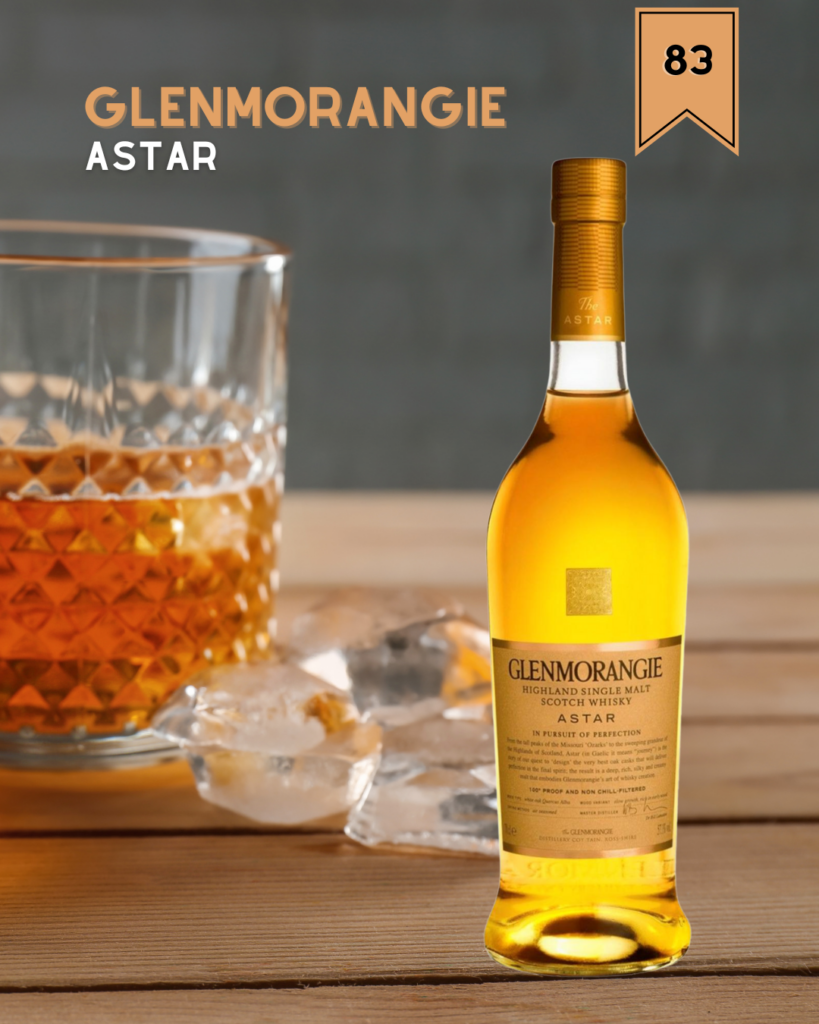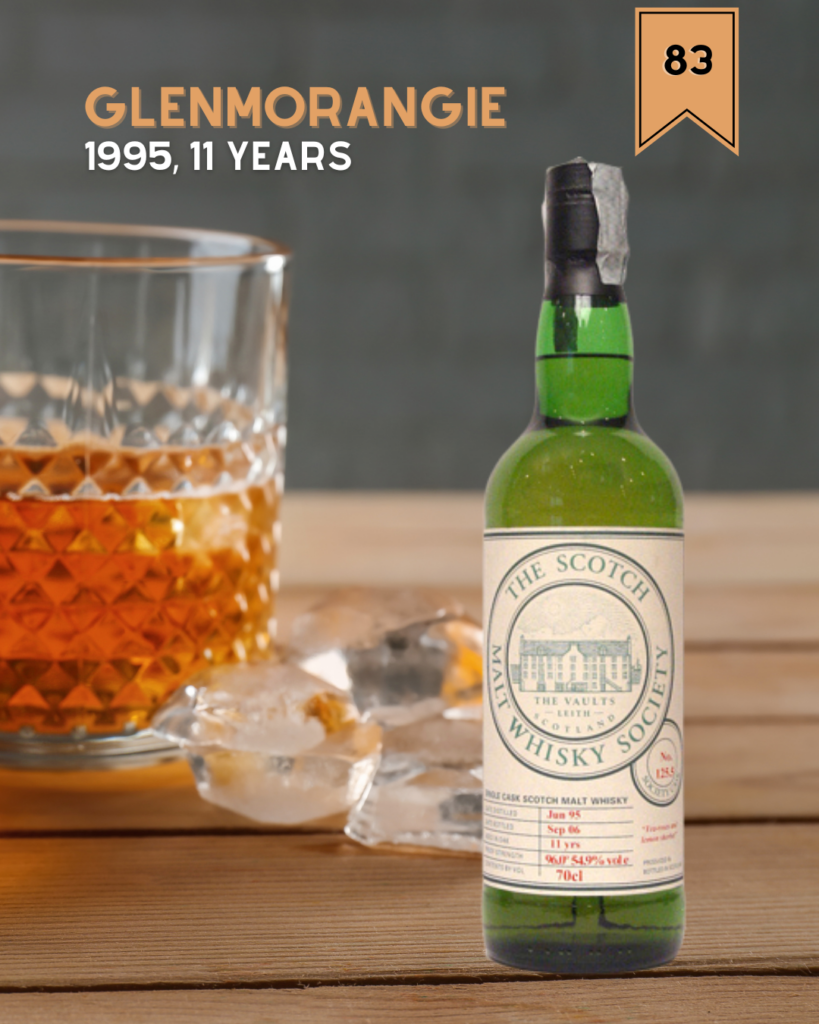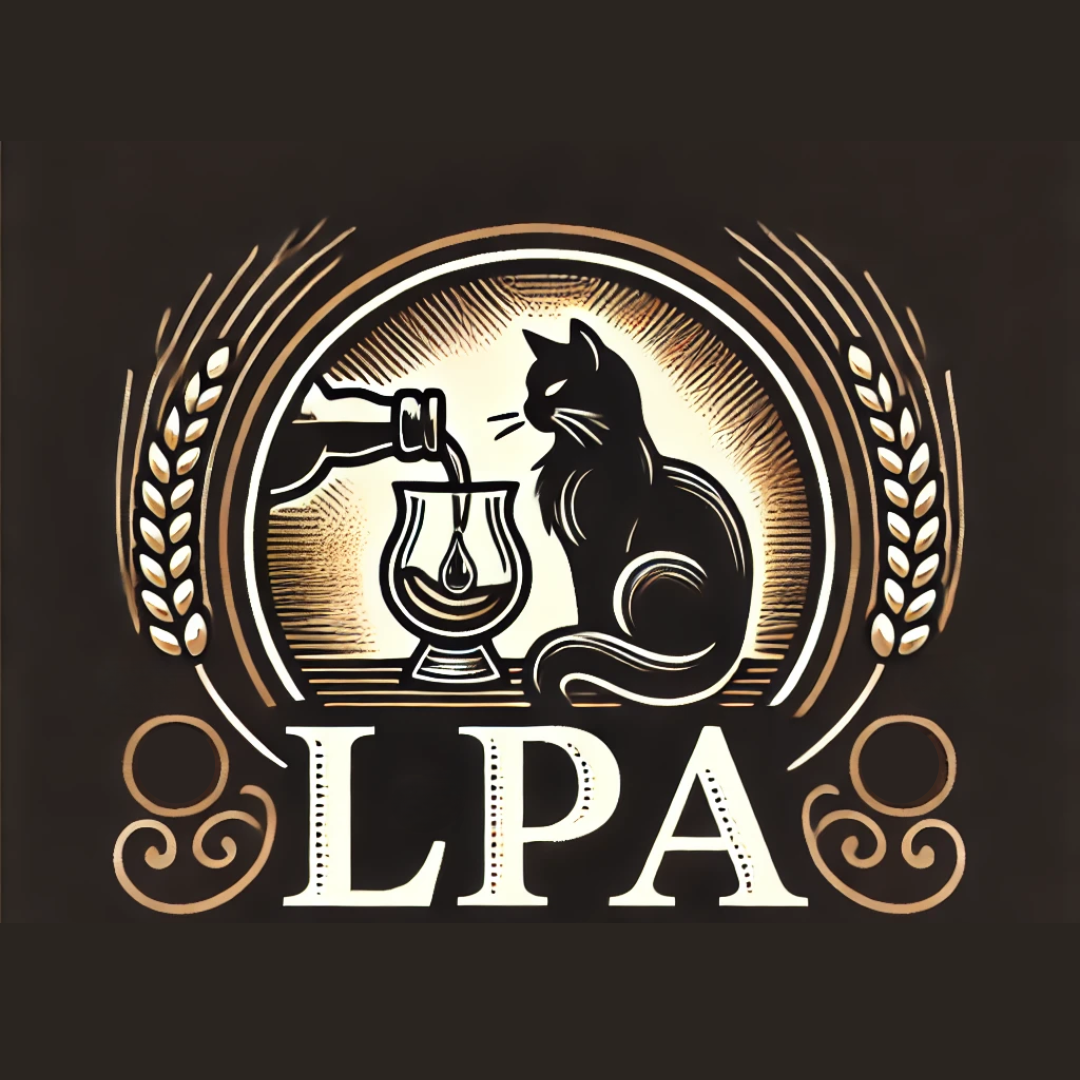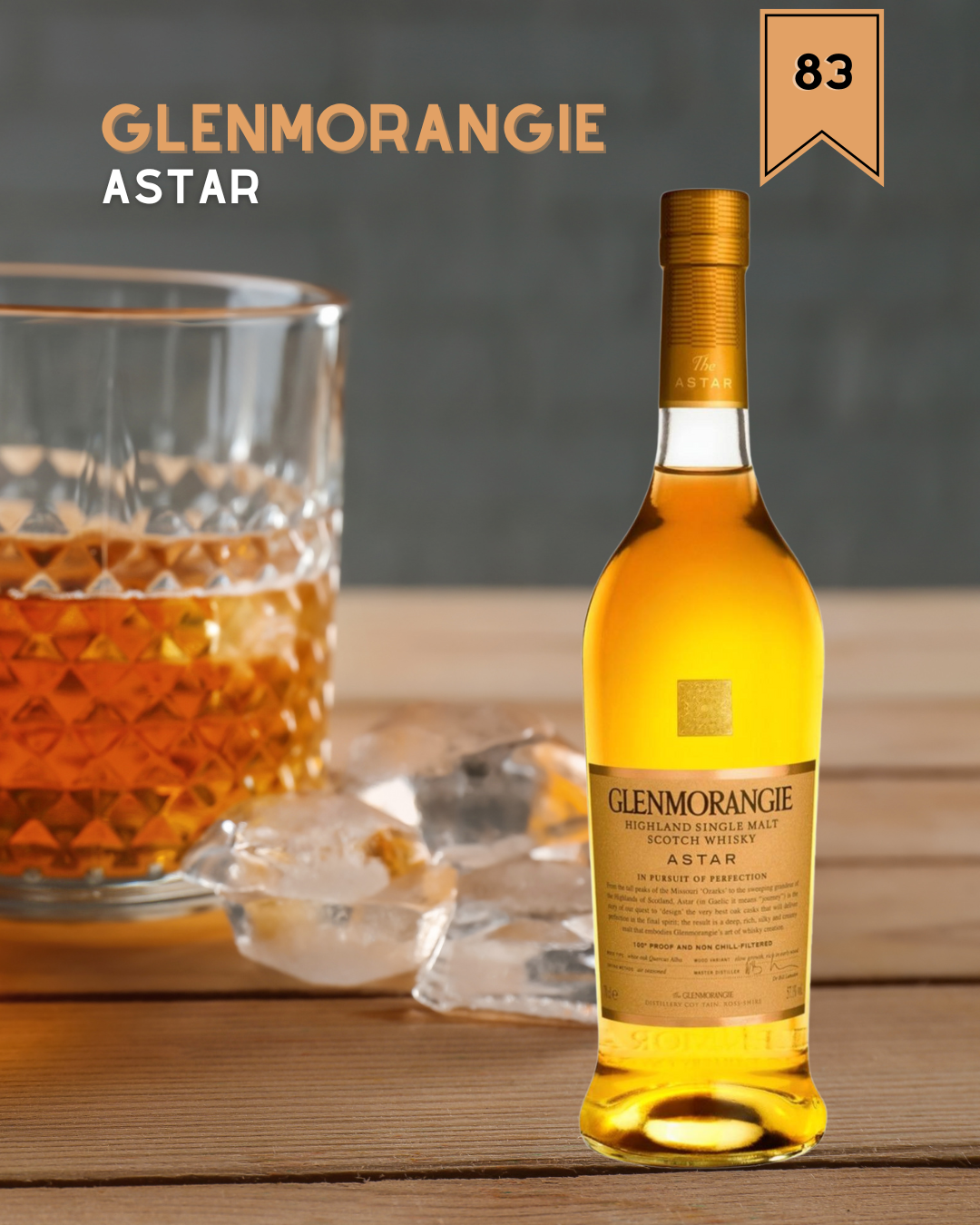Tasting notes for two Glenmorangie expressions
Glenmorangie is one of the truly big names in Scotch single malt whisky, but to me it always brings me back to the fact that it almost killed my interest in whisky early on. After learning to appreciate the difference between blended Scotch and single malt whisky, I bought a bottle of the 10 years old standard Glenmorangie on an airport coming back from holiday in Turkey in 2005. When I came home, I cracked open the bottle, only to discover I did not like this style at all. I understand that Glenmorangie is distilled from “the hardest water” in Scotland, as it was once marketed. Water from the Tarlogie Springs filters through lime and sandstone, picking up a lot of minerals on the way. This you can notice in the end result, in a rather robust style on the tongue. For me, it created a love-hate relationship with Glenmorangie, liking some expressions a lot (the Sauternes expression, or the 18 years old) but having trouble getting into others (like the below Astar). Since this is the debut of Glenmorangie on this blog, we pitted two expressions against each other, with a rare independently bottled version too. Although… SMWS was at one point owned by the same company as Glenmorangie, so it figures.

Glenmorangie Astar, bottled at 57,1 % abv
First things first: This NAS Glenmorangie matured in Missouri Ozark Oak. First of the European releases of this cask strength Glenmorangie, that was preceded by the Natural Cask Strength.
Upon Sipping: Vanilla and wood spice. The end. Well, of course that would be selling it short, but this is indeed a very spirit driven malt, that at the same time displays this Ozark wood perfectly. It really showcases freshly sawn wood logs, clean mountain air and lots of petrichor. It is actually the fruity side of this Glenmorangie Astar that is struggling to appear from underneath the alcohol hotness that is making a mark on this single malt. The taste is dominated by fresh wood, with a certain lemony bitterness, and mustard. The spices are nice and the vanilla does emerge, but the overall feel makes it a bit … uninviting? Water promotes the forest feel of dry wood and moss garden to the front. Comparison to next door neighbour Balblair would not be far-fetched. It does feel complete and balanced, but it offers surprisingly little beyond the logical parameters of this particular oak.
Word to the Wise: The go-to single malt for wood carpenters, I suppose. Such an austere Glenmorangie you will likely not come across quickly. It does the trick, but it never becomes truly memorable.
Score: 83 points.

Glenmorangie 1995, 11 years old, bottled at 54,9 % by the SMWS
First things first: This Glenmorangie was distilled in June 1995 and bottled in September 2006. Bottled as 125.5 it was one of the first Glenmorangie bottled by the Scotch Malt Whisky Society, this one under the title “Tea-roses and lemon sherbet”. There were 312 bottles released.
Upon Sipping: Immediately recognisable as a relative of the Astar which this incredible austere nose, dominated by wood and vanilla. Seems a bit more talkative, but let’s wait for the water. First an undiluted sip. Ah yes, a softer mouthfeel, allowing the lemon sherbet from the title for this bottle to make an entrance. The vanilla tones are now much darker, like being dipped in chocolate. Yet again, I draw the conclusion that this whisky is in itself, totally flawless. It just showcases a combination of assets that are not really my cup of tea. The bitterness, the lemons, if those are elements that trigger you, this is your single malt. Water does little to improve the nosing experience, but the palate gets an even softer brush than undiluted. Sadly, on the finish, I now pick up some floral notes. It is all a bit too monotonous for me, I must say.
Word to the Wise: Yet again a rather clinical Glenmorangie. I think the spirit that is being distilled in Tain is really good, but lacks just that element of surprise to be drunk just from plain wood. Maybe that is why Glenmorangie started pioneering with wood finishes early on, and set the standard for that. I prefer the Lasanta (sherry) or the Nectar d’Or (Sauternes) much more. To each its own, as they say.
Score: 83 points.


Geef een reactie